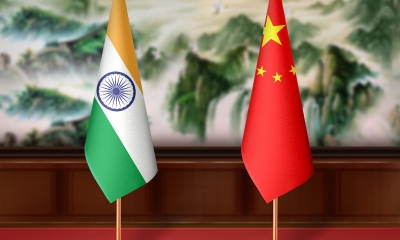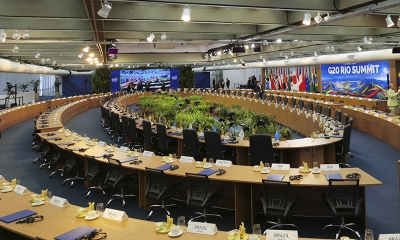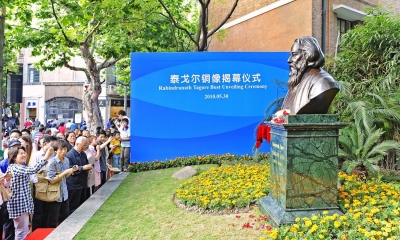The Media Visa Fight: A New Irritant in India-China Ties

China and India should be on high alert for Western media using the friction to create deeper conflicts between China and India, as they fear the joining hands of the two most populous countries in the world.
According to a report of Wall Street Journal on May 30, China and India have terminated nearly all of each other’s journalists in recent weeks. It cannot be denied by anyone that relations between two close neighboring countries and the world’s first and second most populous countries – China and India have been frosty and on a downward spiral in recent years with the serious border clashes.
However, just as the border situation has largely calmed down following military and diplomatic talks, a new row over visas for journalists posted in each other’s capitals has emerged as a fresh irritant. Journalists’ visa spat will hinder the normalization of bilateral ties as well as bond and friendship between the two peoples.
India-China visa row heats up
According to various media reports including the Wall Street Journal, the Indian government in May rejected visa renewals for the last two remaining Chinese state media journalists in the country. The row over the issuance and renewal of visas for each other’s journalists is the latest episode in an increasingly acrimonious border dispute between India and China.
The dispute between India and China over visas for journalists can date back to 2017 when the Indian side unreasonably shortened the validity period of visas for Chinese journalists stationed in India to three months or even one month. As Chinese Foreign Ministry spokesperson Mao Ning said at a regular news conference in Beijing on June 7, it was New Delhi that started the trend, leaving the Chinese side with no choice but to reciprocate. However, India has denied the Chinese allegations that Chinese media personnel were being discriminated against in India.
The fact is that the number of Chinese journalists in India has come down to just one now from about a dozen in normal times.
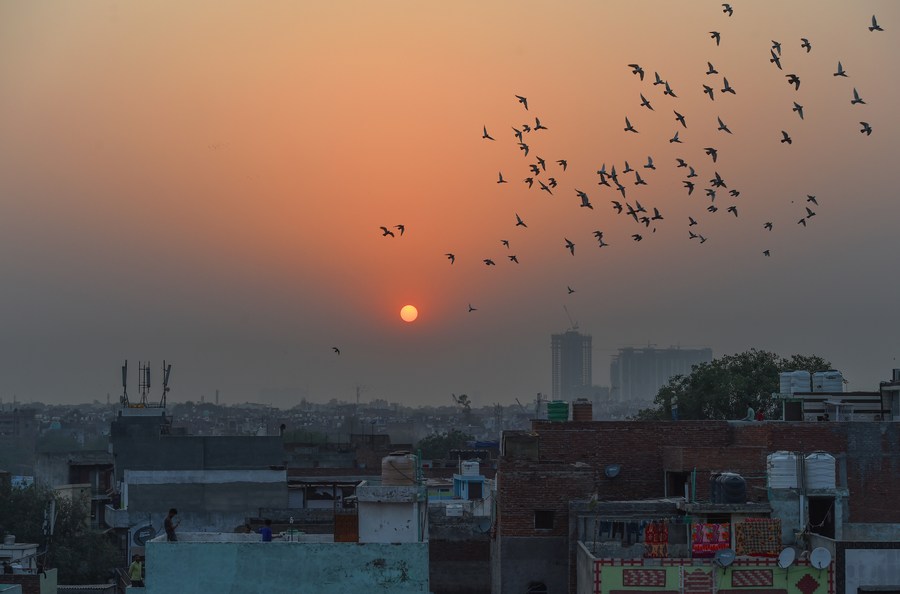
China blames India for ill treatment of Chinese journalists
Taking a dig at India’s unfair treatment of Chinese journalists, China’s state media The Global Times wrote in an editorial on May 31: “India is using visa restrictions as a tool to prevent media contacts between China and India, which is exacerbating bilateral tensions.” The editorial said restricting access to journalists is not conducive to India’s interests or China-India relations. On the same day, Chinese Foreign Ministry spokesperson Mao Ning slammed the Indian government for giving unfair and discriminatory treatment to Chinese media workers based in India, warning that the renewal of visas for Indian journalists in China will depend on whether India will work in the same direction with China.
“Chinese journalists have suffered unfair and discriminatory treatment in India for a long time. In 2017, the Indian side shortened the period of validity of visas held by Chinese journalists in India to three months or even one month without any valid reason. Since 2020, the Indian side has refused to review and approve Chinese journalists’ station applications. As a result, the number of Chinese journalists stationed in India has plummeted from 14 at the normal time to just one. As we speak, the Indian side still has not renewed the visa of the last Chinese journalist in the country. The number of Chinese journalists stationed in India is about to drop to zero,” said Mao Ning.
Amid border tangle, counter-allegations of visa hassles for journalists working in New Delhi and Beijing have further complicated the recovery of India-China relations. It should be noted that on May 30, the Spokesperson of Chinese Embassy in India Wang Xiaojian tweeted, “In the first five months of this year, the Chinese Embassy and Consulates General have issued over 60,000 visas to Indian people traveling to China for purposes of business, study, tourist, work, family reunion etc. Welcome to China.” He appealed to India to solve the entire visa controversy.
However, on June 2, 2023, India denied China’s accusation that it is using visa restrictions to hinder media contact between the two nations. The Indian government stated that Chinese journalists have been able to pursue their journalistic activities in India without any limitations. This response from India comes two days after China claimed to have taken “appropriate” action in response to India’s treatment of Chinese journalists.
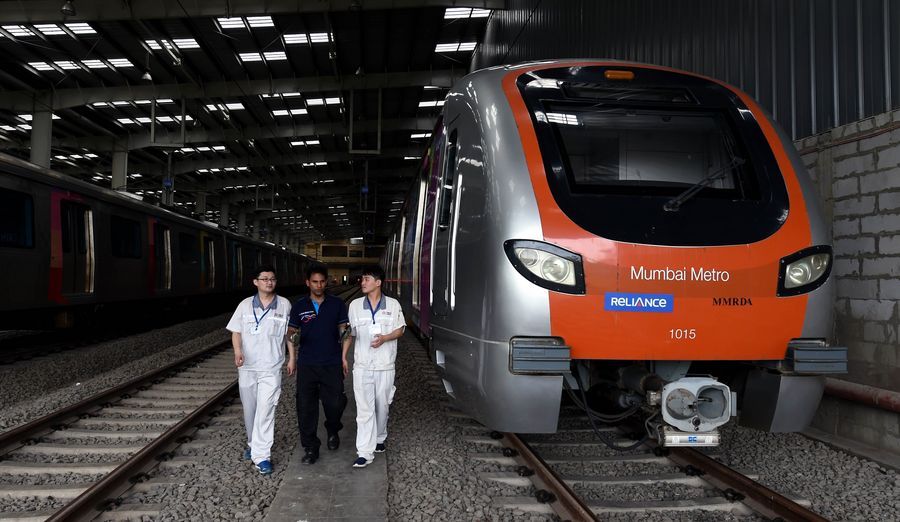
Visa restrictions on media personnel will worsen close Sino-India ties
Scroll.in, an Indian digital news publication, said in an article published on April 4, visa extensions of foreign correspondents remain a tool to penalize unflattering coverage of the Modi government. It is pertinent to note here that many international media outlets including BBC criticized the Indian authority for squeezing the space of journalistic freedom.
More importantly, the visa spat between India and China will surely increase the acrimony between the two countries. It is totally an unwise move to drag journalists into rising geopolitical tensions between the neighbors. The whole world is paying attention to both India and China, the world’s two largest developing countries with global influence. Under the current situation, the two countries should respect each other, treat each other as equals, and promote good stories of friendly exchanges.
Besides, China and India should be on high alert for Western media to use this friction to create deeper conflicts between China and India, as they fear the joining hands of the two most populous countries in the world.
Restoring normal exchanges
Considering the strength, weight and development of India-China bilateral ties, as well as the two countries’ respective roles in global issues, the two countries need urgent intervention from the highest political level for a friendly solution to the correspondent visa issue. Sino-India cooperation is of vital importance for regional stability amid this unstable international atmosphere.
Media, in both China and India, should make proper contributions to the development of bilateral relations. A peaceful resolution to the media visa dispute, which aligns with the expectations of both peoples, is crucial for the two significant neighboring countries in the Asian region.
The article reflects the author’s opinions, and not necessarily the views of China Focus.
 Facebook
Facebook
 Twitter
Twitter
 Linkedin
Linkedin
 Google +
Google +




